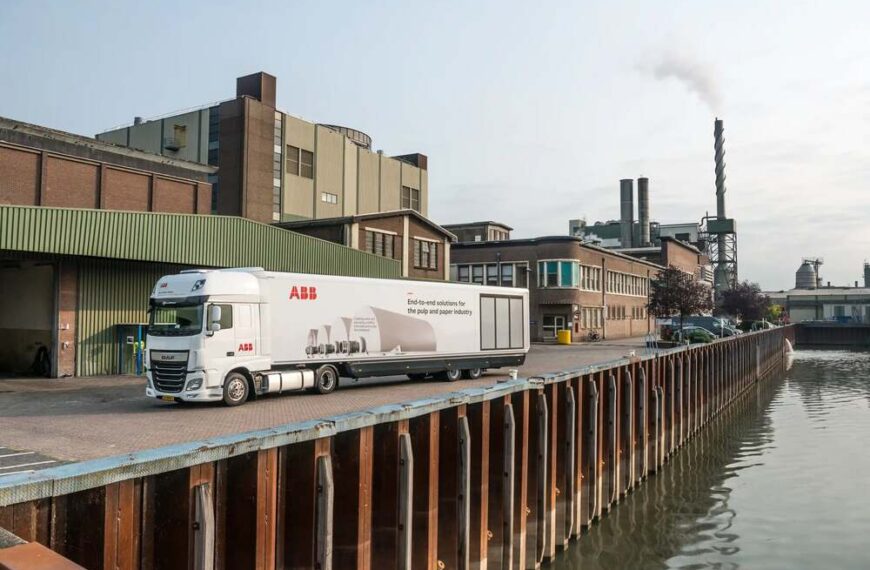Foreign investors can get US permanent residence under the EB-5 Visa program. The minimum investment is $1,050,000, or $800,000 if made in a Targeted Employment Area (or “TEA”), and the money invested must be put at risk.
In addition, the investor must actively manage the business and generate or sustain a minimum of 10 full-time jobs for US nationals. The investment funds’ legal and verifiable sources must be known.
Investment Requirements
The EB5 Visa offers foreign investors an opportunity to become permanent residents of the United States and enjoy its many benefits, including full citizenship. The process begins with choosing a qualifying commercial enterprise and investing the necessary capital. Investors can invest individually or work through regional centers, federally-approved parties that connect foreign investors with developers who require funding to build new commercial enterprises. Some of the most successful businesses financed through EB-5 investments include hotels and infrastructure projects like the Interstate 95/Pennsylvania Turnpike connector.
The US EB5 Visa requirements require investors to invest at least $800,000 to qualify for the program and $1.05 million if the investment is made outside of a targeted employment area (TEA). Investing in a TEA means the commercial enterprise must create at least ten jobs directly. Indirect jobs can also count, but the business must show that it has stimulated economic growth and decreased unemployment in a TEA.
Conducting due diligence is a vital part of the EB-5 investment process. Due diligence is a documented investigation or audit that authenticates the facts of a matter under consideration. During the EB-5 investment process, due diligence is essential to protect investors from fraud and ensure that their money is invested in a project that will yield a satisfactory return on their investment.
Job Creation Requirements
To get their visa, EB-5 investors must invest in a new commercial enterprise and create jobs for US workers. It can be done either directly or indirectly through a regional center. A regional center is a lawful for-profit business entity established to promote economic growth. This entity may take many forms, including corporations, limited partnerships, joint ventures, and trusts. To meet the minimum investment requirement, the investor can also use funds earned through legal employment, private businesses, real estate investments, stocks, bonds, inheritance, or gifts.
A new commercial enterprise must create at least ten full-time positions for qualifying employees in the United States. Qualifying employees must work at least 35 hours per week. However, two or more qualified employees can share one full-time position if the required weekly hours are met. Part-time, seasonal, or temporary jobs cannot count toward the job creation requirement.
Those who invest directly rather than through a regional center can create the required jobs more flexibly. They must create direct, indirect, and induced jobs. Indirect jobs are created due to the EB-5 investment, such as those in support services for the project. These can include staff members of the new commercial enterprise, such as administrative assistants and accountants, and other jobs that help the enterprise function.
Source of Funds Requirements
US Citizenship and Immigration Services requires EB-5 program investors to show documentation proving the legality of the source of their investment cash. This documentation may include personal and business tax returns, bank statements, property documents, and loan agreements. This documentation must be accurate, as a failure to do so can result in denying an EB-5 visa application.
As a general rule, you must provide multiple years of tax returns. It will help to establish that your investment funds come from accumulated earnings over time. In addition to these documents, you will need to provide other proof of your legal sources of income, such as inheritance receipts, divorce settlements, and proceeds from civil lawsuits.
To qualify for an EB-5 visa, you must invest at least $800,000 in a new commercial enterprise located within a Targeted Employment Area (TEA) or $1.05 million in a non-TEA. A TEA is defined as either a rural area or an area with a high unemployment rate of at least 150% of the national average.
If you are considering applying for an EB-5 visa, it is vital to work with experienced professionals, such as immigration attorneys and financial advisors, to ensure that all requirements are met. These professionals can assist you with assembling the necessary documentation, addressing any potential issues, and meeting the job creation requirements.
Regional Centers
The EB-5 program allows investors to secure a conditional two-year Green Card if they invest $500,000 in a new commercial enterprise in the United States. The investment is accompanied by an obligation to create ten full-time jobs in the new business, either directly or indirectly.
Investors can choose to make their EB-5 investments through regional centers, federally approved parties that help connect foreign investors with developers who require funding for their businesses. There are many factors that investors should consider when choosing a regional center.
For example, reviewing the center’s history of promoting and processing successful EB-5 visa petitions is essential. Investors should also look for a regional center with a good record of managing projects that yield substantial returns on their investment.
In addition to these considerations, investors should also focus on whether a regional center is associated with any government entity or has a government involvement in a particular project. It can impact the success of a visa application and may cause it to be denied.
Finally, investors should ensure that the regional center can provide comprehensive guidance regarding the lawful source and path of funds. It is essential to ensure that USCIS is satisfied with the source of funds and does not suspect money laundering or other financial improprieties. Read more interesting articles on Amazing Posting














